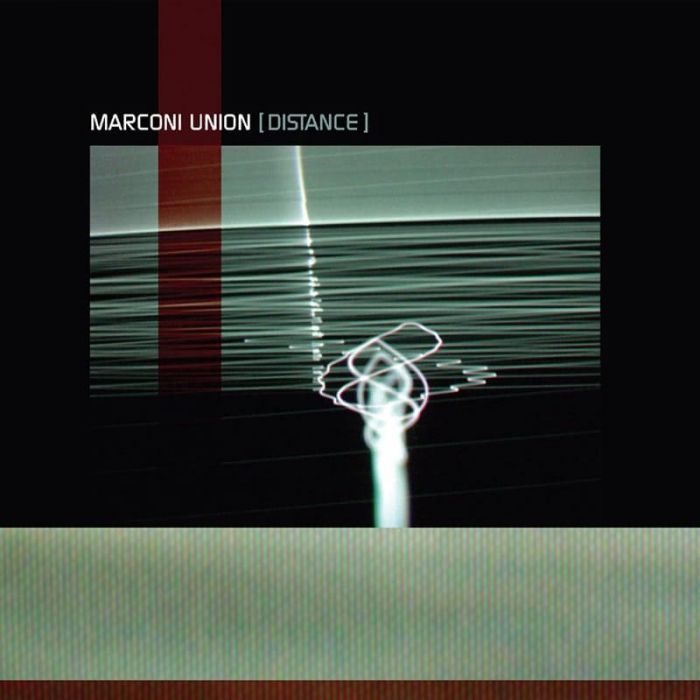
For many years, my company has been located in the downtown area of Lincoln. And while Lincoln is not, by any stretch of the imagination, a bustling metropolis, it’s still a city — and all cities, regardless of their size, operate according to the same rules.
And one of those rules is that, no matter how big or small your city, it becomes a “no man’s land” in those early morning hours. Even the most familiar streets become strange landscapes, and buildings that you pass by everyday become haunted places behind their steel and glass facades.
This was impressed upon me whenever I’d pull late shifts at work, and find myself stumbling home around 3:00am. Naturally, I was exhausted, my mind and body reeling from having just worked 15 hours straight, and so my sense of perception was certainly altered.
But my feelings of “otherness” were largely due to the town’s emptiness. Aside from a few drunken bar denizens or homeless folks, I might as well have been the only remaining citizen, and it’s a strange and discomfiting feeling to be sure, to see what were busy streets and bustling offices transformed into neon-lit ghost towns.
Marconi Union’s Distance provides the perfect soundtrack for that sort of environment, and listening to it immediately takes me back to those late night/early morning travels.
It’s no coincidence, I think, that most of the song titles reference urban environs, if only obliquely. The duo’s ambient electronica perfectly conjures up the sensation of driving down lonely, rainslick city streets. The neon lights, barely lit office buildings, and eerily swaying stoplights glisten and glimmer off of the wet concrete, painting the city in a shifting shimmer of color that’s in a constant state of bokeh.
The music is reminiscent of Strategy and Pan-American, other artists who have delved into this sort of somnabulistic haze as well. However, Richard Talbot and James Crossley’s (the duo behind Marconi Union) compositions have fewer glitch and dub influences.
Static-y hisses and clicks fleck the album’s edges, but just barely, leaving the music’s surface mostly calm and undisturbed. The duo’s synths drift about, encouraging the listener towards a more introspective frame of mind. Occasionally, clusters of tones will coalesces for just a moment, before dissipating, their quickly fading beauty and structure only adding to the introspective mood.
Other instruments, such as guitars and saxophones, wind their way throughout. The former lends more texture to the music, the notes either looping back onto themselves or flaring out, sending flecks of light coruscating through the tracks. The latter’s breathy tones add a slightly organic element to the sometimes austere atmosphere on “A Temporary Life,” the voice of those living souls wandering through the empty streets, trying to get back to the comfort of their warm rooms.
Human voices appear as well, on “These European Cities.” But their vocoderized form does little to add any warmth á la the saxophone. Instead, their artificial nature adds an ominous later to otherwise lulling music — like you’re listening to the city’s ghost whisper in your ear, trying to convince you to lose yourself within its labyrinthine, Blade Runner-esque streets.
There are some who will doubtless find Distance a bit on the slow, uninvolving side — especially if they’re not really a night person. But I find it aloof and reclusive — and rather beguiling. And as a night owl, someone who oftentimes finds themselves most productive between the hours of 11:00pm and 3:00am, music that carries you into and through that late night frame of mind is most welcome.